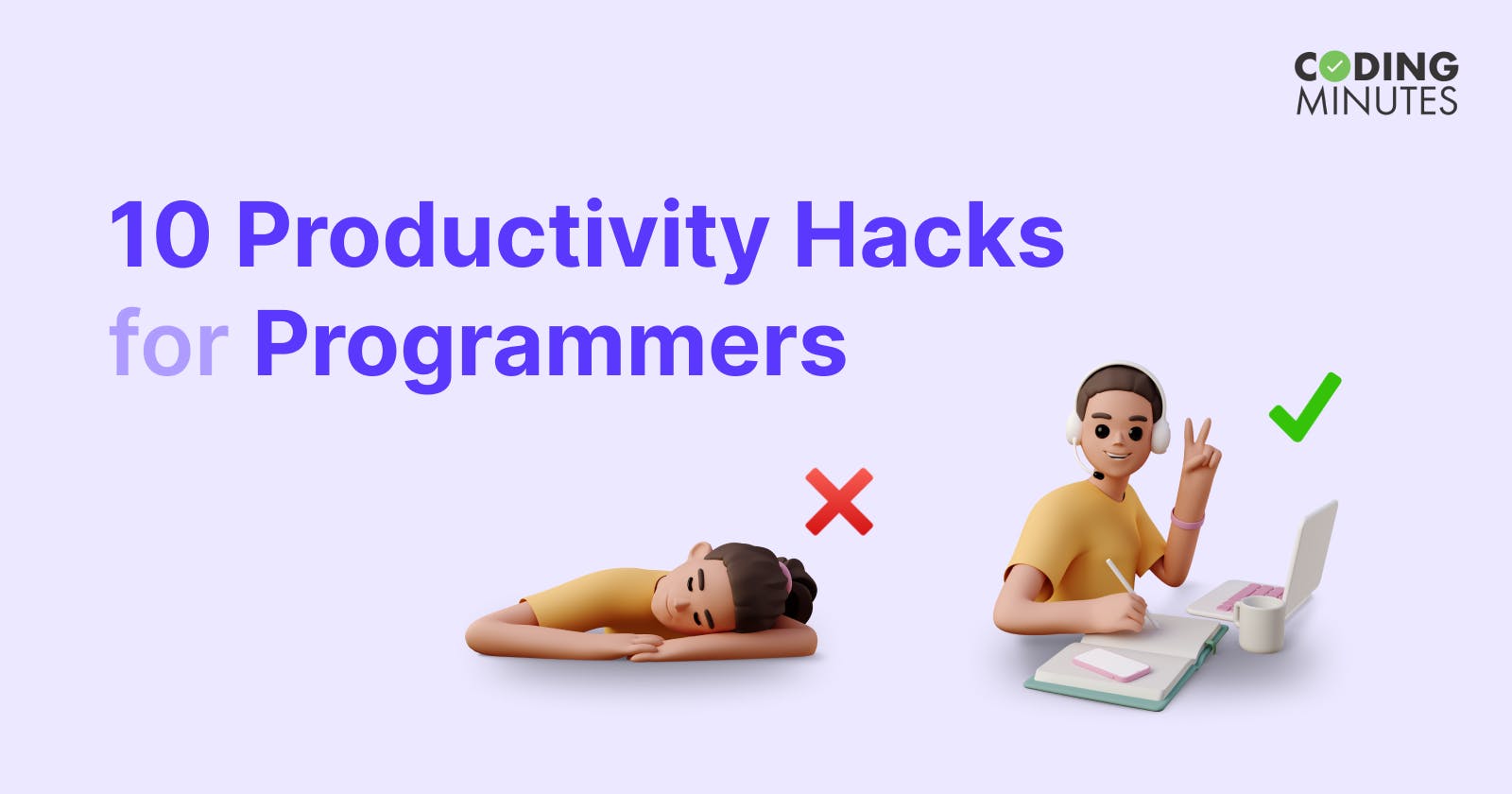Are you a programmer who wants to increase your output? Maybe you’re the only programmer in your team, or maybe you work in an organization that doesn’t appear to value programmers. Whatever the case, it can be challenging at times to increase your output.
Your work week is limited, and there are only so many hours in the day. Even with all the best intentions, it can be difficult to change our habits and become more productive as programmers. However, if you’re willing to put in the effort, you can increase your output as a programmer.
You have to know how to do that. In this article, we explore 10 productivity tips for programmers who want to increase their output.
1. Set reminders to work on your most important tasks each day
One of the easiest ways to increase your output is to work on your most important task each day. How long a given task will take to complete is uncertain, so it’s impossible to work on them in a way that ensures you’re not taking on too much or too little work. But, if you work on your most important task each day, you can be sure to have a positive effect on your project, and have a good night's sleep knowing that you are one step closer to the ultimate goal. When you know what your most important task is for each day, you can use that to avoid unwelcome distractions.
Use apps like Notion, Google Calendar to list down pending tasks, schedule them and set reminders daily.
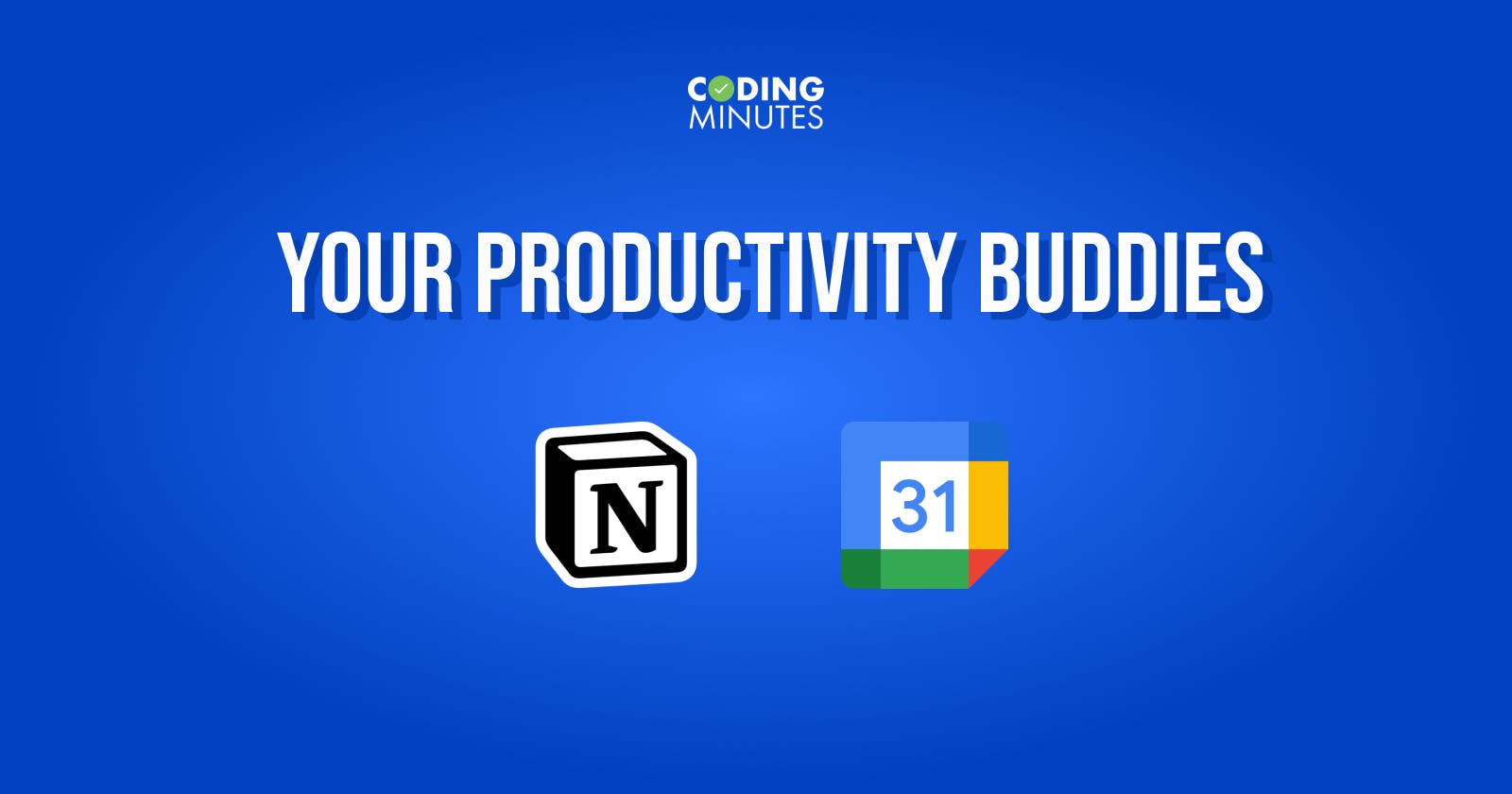
You can block your calendar and set your phone to DND to avoid interruptions from co-workers so that you can prioritize your other tasks accordingly. In this way you can avoid the temptation to work on anything other than the most important work, and you can make sure that your time is used as productively as possible.
2. Reward yourself for every goal
The quickest and easiest way to boost your productivity would be to reward yourself after you complete each task. You can set rewards according to the longevity and difficulty of tasks, and once you complete them, you can enjoy some quality time doing your favourite things. You can binge-watch a web series guilt-free, treat yourself with a pizza, or even decide to hang out with your friends after accomplishing a goal.
How does this boost my productivity then?
Well from a personal perspective, I believe that rewarding yourself at the end of each goal will only push you to give more effort. When you know there's a reward for task completion, it will motivate you to complete the task, and not leave it for the next day.
Remember the times when our parents said, "Finish this chapter and I'll let you watch your favourite cartoon show on TV"? We used to finish our homework on time, knowing that they would let us watch TV. Well, this is the same scenario.
3. Organize your workspace to increase your output
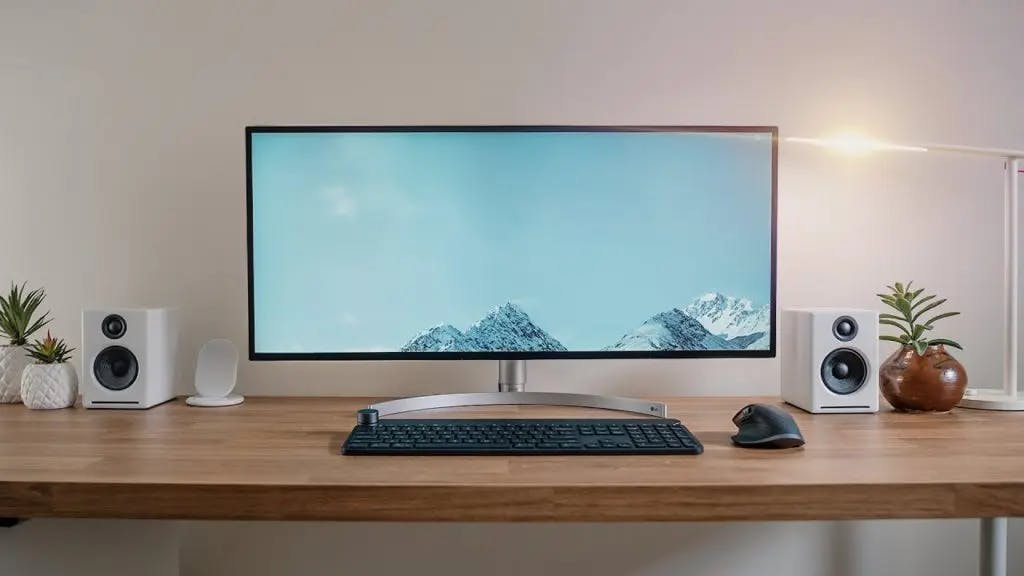
You have a limited amount of time to work each week. The number of hours available to you may not change, but you can increase your output by organizing your workspace.
Don’t just throw your laptop bag into a corner and call it a day. Make it easy to find what you’re looking for, and make it easy to put things back where they belong. This can be as simple as sorting your cables and keeping them in a bag. It can be as complicated as building an expandable computer desk. The important thing is that you keep your workspace organized. Find the right place for everything, and make it as easy as possible to put things away when you’re done with them.
When you’re working on a tight deadline, organization is everything. It’s much easier to find what you’re looking for when you have everything in its place. It’s much easier to finish your work when you have everything laid out in front of you. When your workspace is organized, you can spend less time looking for things and more time working on your project.
The same goes for the files in your local system. Don't just download and import files in random locations. Instead, organize your files and folders in such a way that even your 6-year-old cousin can easily navigate to the exact file when asked. Make proper directories with appropriate names so that even you don't face problems while accessing random files.
4. Divide large tasks into sub-tasks
Got a huge task at hand, why not divide it into sub-tasks and focus on them? The more goals you accomplish, the likelier you are to accomplish the upcoming ones as well.
Instead of writing a 100-page book, think of writing 10 chapters of 10 pages each. 10 pages are easier to write and you will be motivated enough to do that instead of writing 100 pages. In the end, you'll do the same stuff either way, but it is the breakdown of tasks into mini-tasks which makes us believe the goal is much more achievable. That makes sense, right?
5. Take short breaks every couple of hours to stay focused and fresh
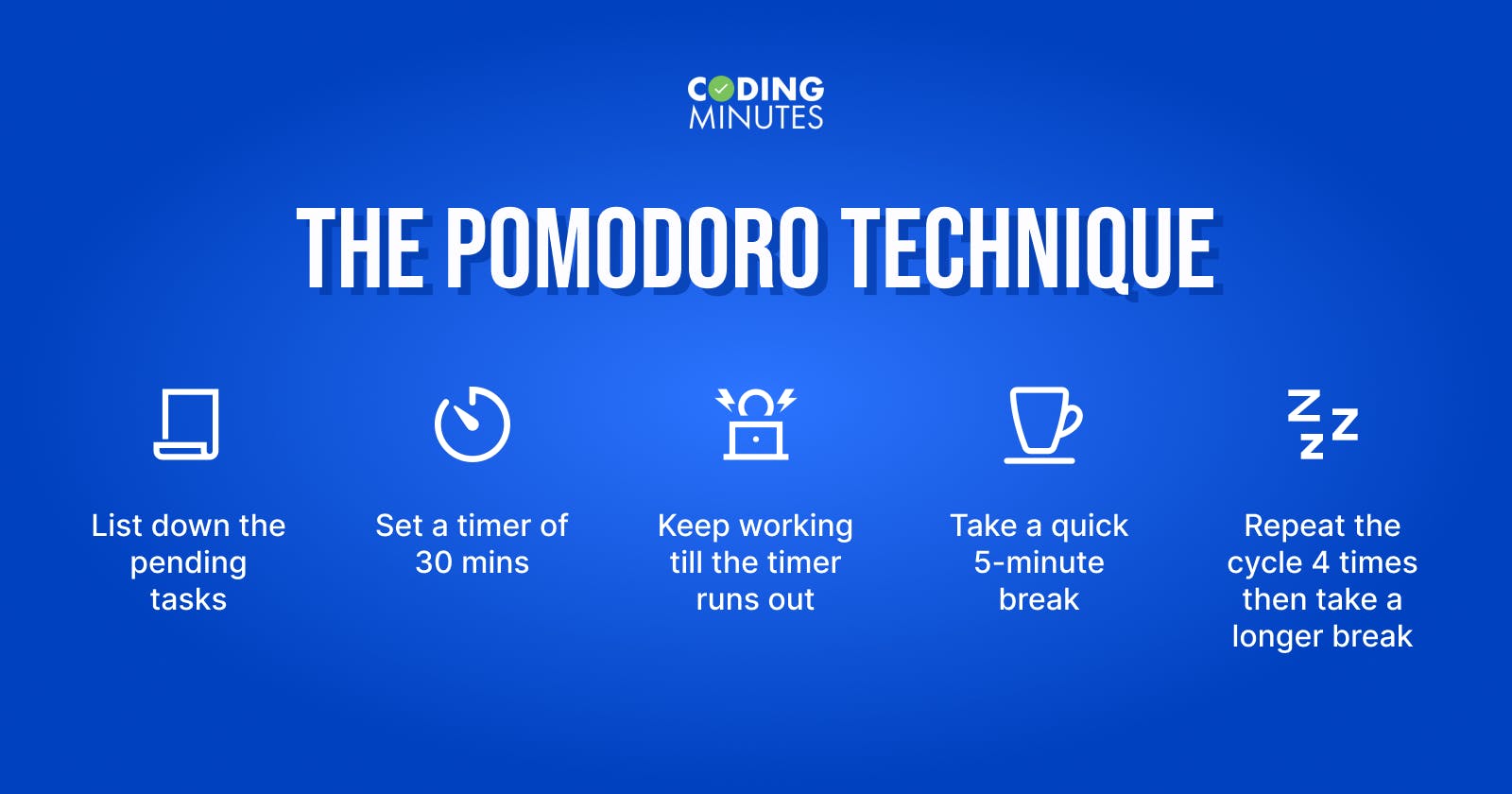
Programmers work in a very structured environment. We have deadlines to meet and we have a very precise way of approaching our tasks. This is both a blessing and a curse. It’s great in that we know how long a project should take. We know the resources we’re working with, and we know what to expect. That’s why deadlines tend to be so strict in the programming industry.
If you want to be productive over the long term, you need to take breaks throughout the day. You need to stop working at least once an hour to let your brain relax and collect its thoughts. You can’t just work through the day and expect to be as productive as you were at the beginning of the week. By taking breaks, though, you can keep your productivity high throughout the week and avoid burning out.
Our suggestion is to implement the Pomodoro Technique. This technique was developed in the late 1980s by Francesco Cirillo. Cirillo used to struggle to focus and failed to complete his tasks. Feeling crushed, he decided to commit to only 10 minutes of study time. Encouraged by this challenge, he then found a tomato (Pomodoro in Italian) shaped kitchen timer and that's where the Pomodoro technique was born.
6. Don’t be afraid to ask for help from the community

Programmers often pride themselves on not having any need for help. We like to feel that we can do everything ourselves, and we like to feel that we don’t need anyone else.
However, this is a bad mindset to have as a programmer. It’s important to know your limits, and it’s important to know when you need help. If you’re working on a large project and you find that you don’t have the time to complete it, don’t be afraid to ask for help. Be proactive about finding help as soon as you know you need it. This is something that’s often better done in private, though.
Don’t let your pride get in the way of accomplishing your goals. There’s nothing wrong with asking for help, especially if it’s the difference between success and failure. It’s better to ask for help too soon than to wait and be overwhelmed.
7. Stay in communication with your team

This may seem like a no-brainer, but it’s important to stay in communication with your team. When you’re working alone, it can be easy to get lost in your work. You can start to feel like you’re the only person doing any work, and you can feel stressed out about letting others down. However, if you keep your team updated on your progress, you can avoid those feelings. You can send regular progress reports over email or Slack, and you can ask your team members for feedback on what you’re doing.
8. Ensure 8 hours of sleep daily
Sleep is another important factor to ensure maximum productivity. Getting proper sleep influences creativity, innovation and induces fresh energy when you wake up the next day. Also remember, that during stressful times, getting good sleep is essential. Sleep deprivation leads to stress and anxiety and you wake up the next morning in a lethargic fashion. Proper sleep relaxes your brain and recharges you for the next big day at the office.
We recommend getting 8 hours of sleep, but please note that maintaining a consistent sleep cycle is equally important. If you sleep from 12 AM to 8 AM today, that's good. But the next day, if you go to sleep at 4 AM and wake up at 12 PM, that's not going to work. Your bedtime must be the same daily and this leads to good habit formation as well.
9. Avoid using the phone
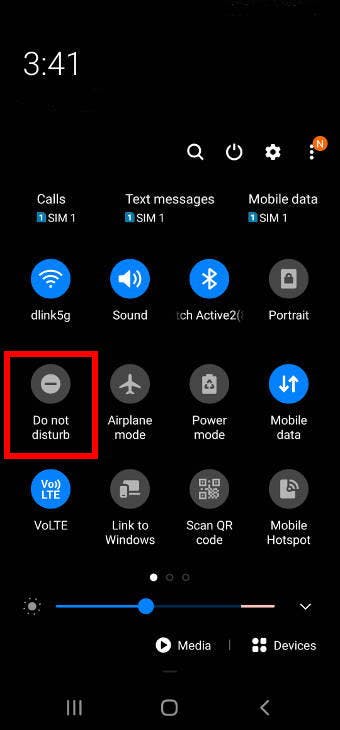
One "ting" is enough for people like us to get distracted from our work. Programming requires prolonged focus and having a mobile phone beside you that keeps ringing is a bad practice. Try to keep all your work limited to laptops only and keep smartphone usage minimal. Following up on tip #1, we recommend you keep your phones and other gadgets on silent or DND (Do not Disturb) mode so that your focus doesn't shift. Use social media and chatting apps after working hours or only if there's an emergency.
10. Write down what you did each day and reflect on your habit changes
Summarize your efforts throughout the day the tick the boxes for every task completed. You can track the daily activities on a piece of paper or in a spreadsheet. In this way, keep validating yourself at each milestone and this practice will make you motivated and charged up for the next morning.
Liked our content? Do kindly like and share to help other students in your network. And don't forget to subscribe to the newsletter to NEVER miss an article!

